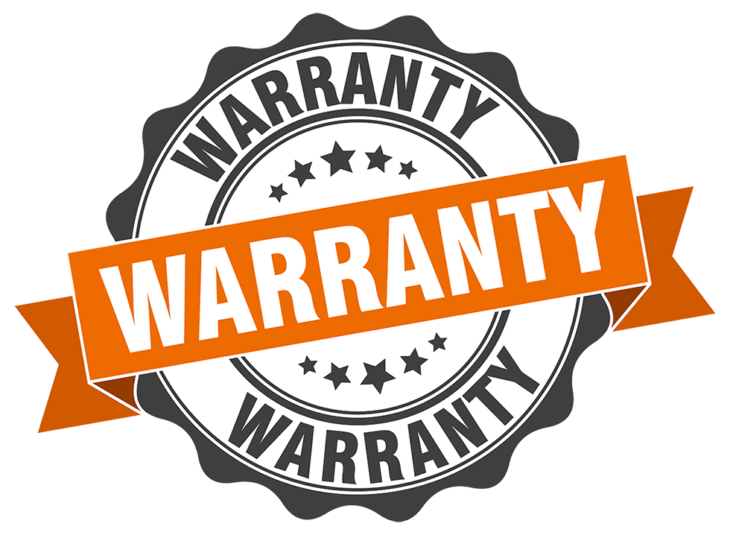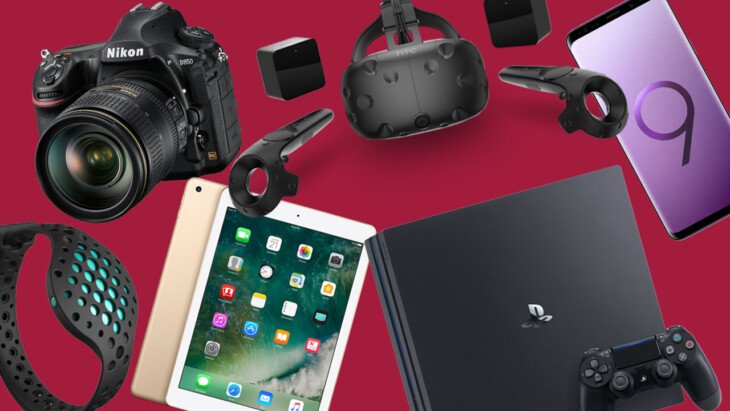Ok, so online shopping! Nothing new to us nothing crazy innovative. Everyone is doing it and there is a 50/50 satisfaction when doing this.
This period of a global pandemic and almost a global lockdown has forced us to stay at home and utilize the hell out of this service. How else could you get a new TV or a coffee maker in the events where you can’t leave your house and must not be seen outside walking around. That is where online shopping jumps in and saves our lives.
So let’s say your TV died all of a sudden and there is no way to repair it! What are you going to do? The first thing that comes to mind is multiple online shopping sites, like https://en.aliradar.com/ or any other similar, and looking up what you need. Right?
But wait you already shopped online and did or, if you are really lucky, didn’t get scammed or sent a faulty device. If you are one of those that got played then the article we are writing today will point to the things you have to look for when online shopping for pretty much anything, but for the sake of the article we will keep it tight with the electronic devices.
No matter if you are buying new or refurbished electronics all of these pointers will apply the same, with a bigger accent on watching the descriptions and fine print when buying second-hand or refurbished devices.
Contents
1. Stores and brands that are trustworthy

img source: dubaitourpro.com
So, when buying something online it is always a good thing to go through a webshop of a store or a brand you already did business with or that is trustworthy. There are plenty of these that play the role of third-party resellers that will sell both new mint and refurbished devices. What you have to look for is their rating, trust of other buyers, if you haven’t dealt with them so far, and the overall look and feel of the online shop/site.
If this all checks out and if everything seems legit then we don’t have anything against proceeding with your order and checkout, but if there is only one fishy thing – back out immediately, no matter the price or discounts you may get. Just FYI, ratings and feedback shouldn’t have to be your number one go with these things because today everything can be bought even recensions and ratings, so be careful and be thorough.
2. Return policy

img source: parcelmonitor.com
Again no matter if you buy new or refurbished this bit here is very important. Return policy is what will guarantee you that you are getting a working device, and if it isn’t working for any reason whatsoever, then you can activate that policy return the item and get a new one or your refund. When buying online electronics and devices many go for refurbished items because they are slightly less expensive but advertised to operate just like new. If your seller doesn’t have a return policy on his devices then something isn’t right.
Also, a shop that sells brand new devices should have a policy like this as well and they should activate it if there is anything wrong with whatever you bought. If there is no policy, either you are not getting what you want or it isn’t how it was represented – move away from that.
3. Warranty

img source: motorexporters.com
Again another important factor when buying electronics. Whether it is new or refurbished a seller should give you a warranty on the device. Electronics are fiddly and easily broken, especially in transport. If you get a TV or a phone that has already been opened and played with but was advertised as new then a warranty should cover its return. The same goes for the refurbished electronics.
Now, these would probably be opened, cleaned or repaired if the repair was simple enough so the warranty that stands for opening devices would be void, but the seller who refurbished the device should give at least some warrant on the thing guaranteeing it won’t die on you the day after. Read carefully here because warranties are something that most people do not understand good and get played by. Information is key here and the best thing is to understand what are you buying and in what conditions.
4. Fine print

img source: etimg.com
This part may be more for those of you that are buying something second-hand or refurbished rather than new, but it doesn’t hurt to mention. Most of the stores that sell electronic devices or electronic replacement parts tend to leave out some things to make a quick sale. If something isn’t adding up just don’t bother with it. On the other hand, if there are descriptions of the item or parts read carefully and read everything because there might be a fault or a catch that might be a deal-breaker for you.
Otherwise, you might end up with something you don’t want, can’t use and don’t need. The same goes for third-party resellers. They may sell a particular brand, advertised new, but will not specify its components, specifications or something along that way, and this should be your signal that something doesn’t seem right.
5. Knock offs

img source: futurecdn.net
Electronic devices are some of the most copied out there. From phones, tablets, laptops you name it. If they have a picture of it, they will make one the same. Or will they?! The iPhone and Samsung were plagued by this the most. We all remember the knock-offs that were Samsung’s S line of phones or every iPhone ever made for stupidly low prices.
Now, this went well for some time until people figured it out that the shipment wasn’t forgotten or dropped from a truck (justifying its low price) but that it was a very well-made knock-off that was nothing to the original phone inside. Now we have knocked off tool brands like Makita, DeWalt and others. Your information is your best bet here and you have to be aware of the specification and components the original brands use to compare to these that are stupidly low priced.
Although this could be very handy, especially in times like these, the internet is a very weird and dangerous place from time to time. You have to have four eyes open and triple-check everything in order not to get scammed or pushed around. As we mentioned earlier information is your best friend and good and thorough research will save you a lot of headaches.
